
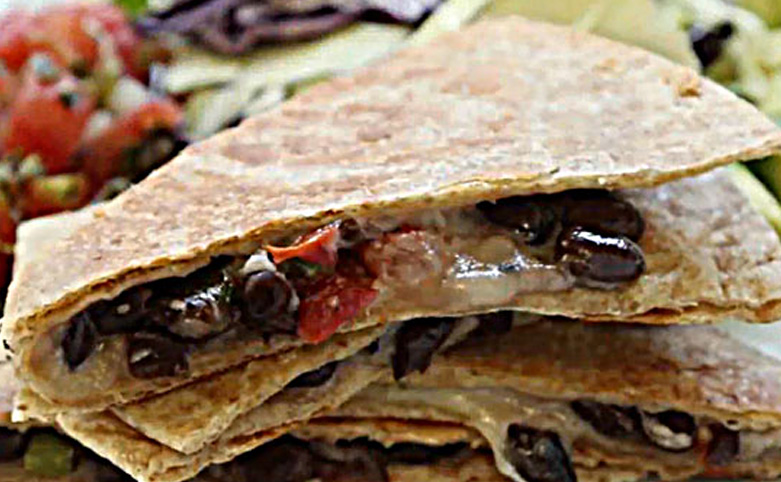
In a hurry? These satisfying quesadillas take just 15 minutes to make. We like them with black beans, but pinto beans work well too. If you like a little heat, be sure to use pepper Jack cheese in the filling. Serve with: A little sour cream and a mixed green salad.
Ingredients
- 1 15-ounce can black beans, rinsed
- ½ cup shredded Monterey Jack cheese, preferably pepper Jack
- ½ cup prepared fresh salsa (see Tip), divided
- 4 8-inch whole-wheat tortillas
- 2 teaspoons canola oil, divided
- 1 ripe avocado, diced
Preparation
- Combine beans, cheese and ¼ cup salsa in a medium bowl. Place tortillas on a work surface.
- Spread ½ cup filling on half of each tortilla. Fold tortillas in half, pressing gently to flatten.
- Heat 1 teaspoon oil in a large nonstick skillet over medium heat.
- Add 2 quesadillas and cook, turning once, until golden on both sides, 2 to 4 minutes total.
- Transfer to a cutting board and tent with foil to keep warm. Repeat with the remaining 1 teaspoon oil and quesadillas.
- Serve the quesadillas with avocado and the remaining salsa.
Recipe by: eatingwell.com
9 Foods for Breast Cancer Prevention
Lower your risk with these breast cancer diet suggestions.
You can lower your risk for breast cancer by reaching for the right foods, according to recent research. “A woman can cut her chance of cancer by as much as two-thirds with good nutrition and weight management,” says Cheryl L. Rock, Ph.D., R.D., professor of family and preventive medicine at the University of California, San Diego, School of Medicine.
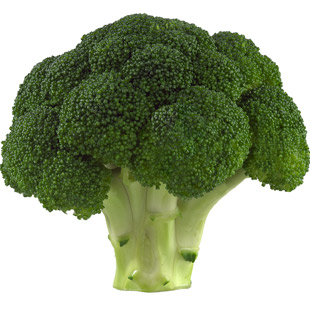 Broccoli
Broccoli
Sulforaphane—a compound in broccoli—reduced the number of breast cancer stem cells (which cause cancer spread and recurrence) in mice, according to research from the University of Michigan. Eating broccoli may not deliver enough sulforaphane to achieve the same effect, but to get the most you can, eat your broccoli raw or briefly steam or stir-fry the green florets. (Boiling destroys some of the sulforaphane.)
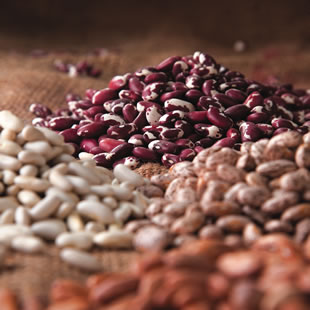 Beans
Beans
According to a new report, published in the American Journal of Clinical Nutrition, upping your fiber intake may help lower your risk of breast cancer—and the more you eat, the more your risk decreases. The researchers found that for every 10 grams of fiber a woman added to her daily diet, her risk of breast cancer decreased by 7 percent. That’s about a 1/2 to one cup of beans, depending on the variety. Other foods packed with fiber include barley, bulgur, lentils, peas, artichokes, dates and raspberries. —Brierley Wright, M.S., R.D., Nutrition Editor
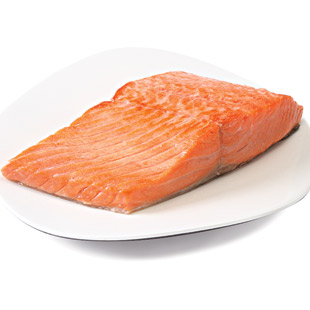 Salmon
Salmon
Taking fish-oil supplements for at least 10 years can shrink your risk of ductal carcinoma, the most common type of breast cancer, according to a study in Cancer Epidemiology, Biomarkers & Prevention. It’s thought that the omega-3 fats in fish oil reduce inflammation, which may contribute to breast cancer. But you can skip the supplement aisle, say the study’s researchers, and eat about 8 ounces of oily fish (salmon, sardines, tuna) a week.
 Olive Oil
Olive Oil
Another reason to reach for extra-virgin olive oil: when researchers in Barcelona gave rats with breast cancer a diet in which fat came predominantly from extra-virgin olive oil (versus corn oil), they found that the olive oil’s antioxidants and oleic acid (a mono-unsaturated fat) quelled growth of malignant cells.
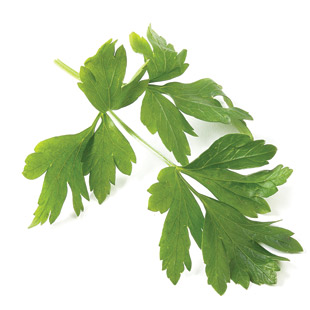 Parsley
Parsley
University of Missouri scientists found that this herb can actually inhibit cancer-cell growth. Animals that were given apigenin, a compound abundant in parsley (and in celery), boosted their resistance to developing cancerous tumors. Experts recommend adding a couple pinches of minced fresh parsley to your dishes daily.
 Coffee
Coffee
Drinking about two 12-ounce coffees a day may lower your risk of an aggressive form of breast cancer, says a May 2011 study in Breast Cancer Research. “One possibility is that coffee’s antioxidants protect cells from damage that can lead to cancer,” says study author Jingmei Li, Ph.D. More research is needed, so don’t up your intake based on these findings just yet.
 Walnuts
Walnuts
Recent research in the journal Nutrition and Cancer suggests walnuts may thwart the growth of breast cancer. In a study out of Marshall University School of Medicine in West Virginia, researchers substituted the equivalent of two ounces of walnuts per day into the diet of one group of mice; the other group was fed a calorically equivalent, but walnut-free, diet. After 34 days, the growth rate of tumors in the walnut eaters was half that of the mice who ate no walnuts. Experts think walnuts’ anti-inflammatory properties—which could come from the omega-3 fat alpha-linolenic acid, phytosterols or antioxidants—may give them their tumor-fighting potential. One caveat: the study dose of two ounces supplies 370 calories. Still, “walnuts can be part of a healthy diet that can reduce your risk for cancer,” says lead researcher Elaine Hardman, Ph. D. —Brierley Wright, M.S., R.D., Nutrition Editor
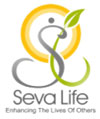
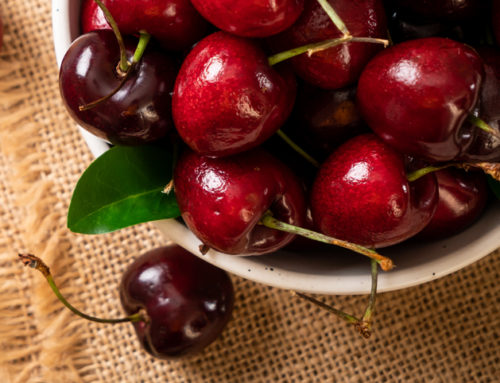
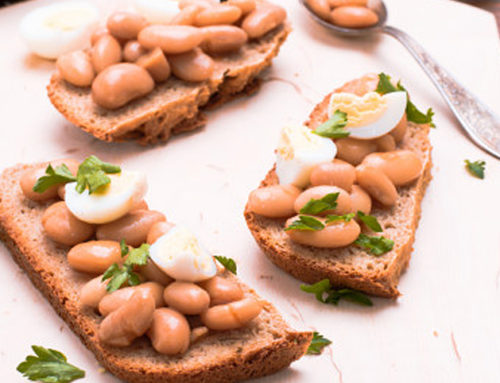
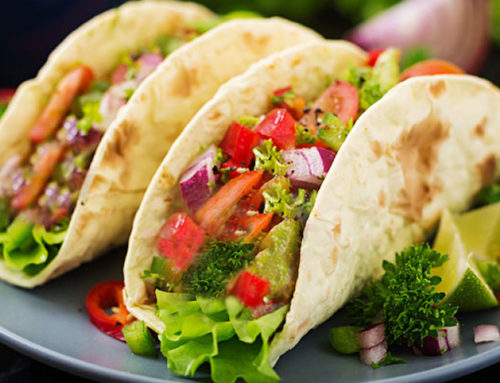
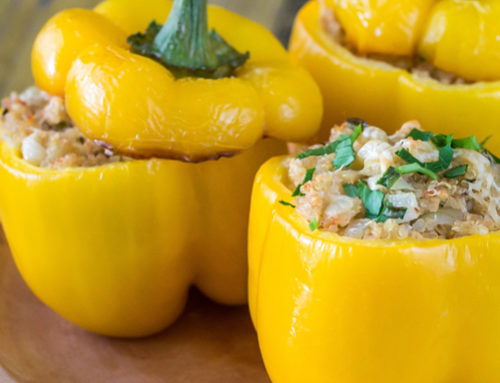
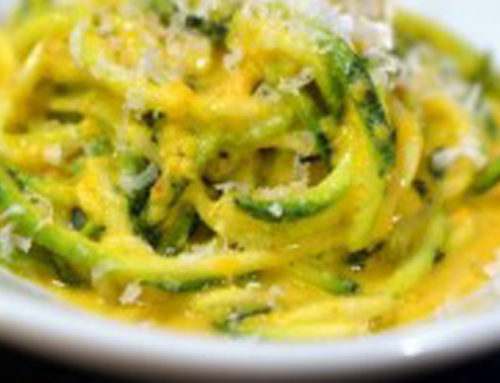
Leave A Comment